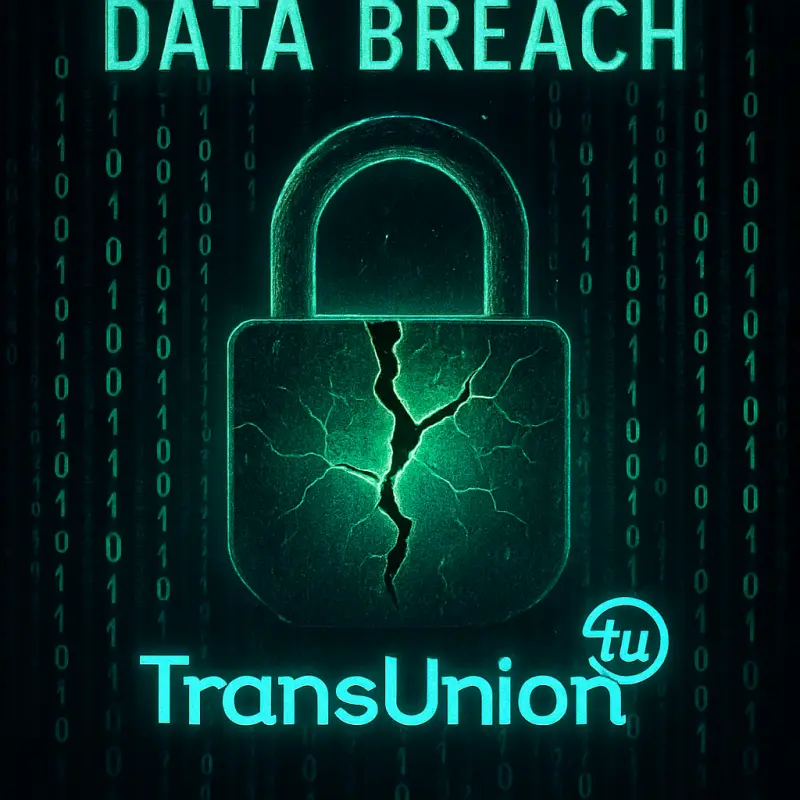
When one of America’s three big credit bureaus is hacked, everyone should pay attention. In late July, TransUnion disclosed a breach through a third-party system that exposed the personal data of more than 4.4 million people — including unredacted Social Security numbers.
TransUnion stresses that credit reports weren’t taken, but that’s cold comfort. Social Security numbers don’t expire, and criminals can use them for years to open accounts or steal identities. The hack is part of a broader wave of cyberattacks exploiting weak vendor links in otherwise “secure” systems.
The company is offering two years of free credit monitoring and says it has tightened security. But consumers shouldn’t wait. Freeze your credit, watch accounts closely, and be alert for phishing attempts.
This breach is a stark reminder the weakest link isn’t always you it’s often the companies you’re forced to trust. Until regulators and institutions treat data protection as seriously as we treat financial reporting, we’ll keep living with the fallout.
It's even more than a footnote in cybersecurity headlines it’s a stark reminder of how vulnerable our personal data is, even when held by institutions tied to our financial identity.
As we entrust vast amounts of our lives to digital systems, the responsibility to protect that data must lie not only with individuals, but with every organization, vendor, and regulator that stands between our information and the cybercriminals watching us.
In the aftermath of this breach, it’s time not just for damage control, but a reckoning: one that re-evaluates how sensitive data is stored, shared, and secured across every link in the digital chain or this type of breach will continue to happen again and again. The next might be more catastrophic.




Add comment
Comments